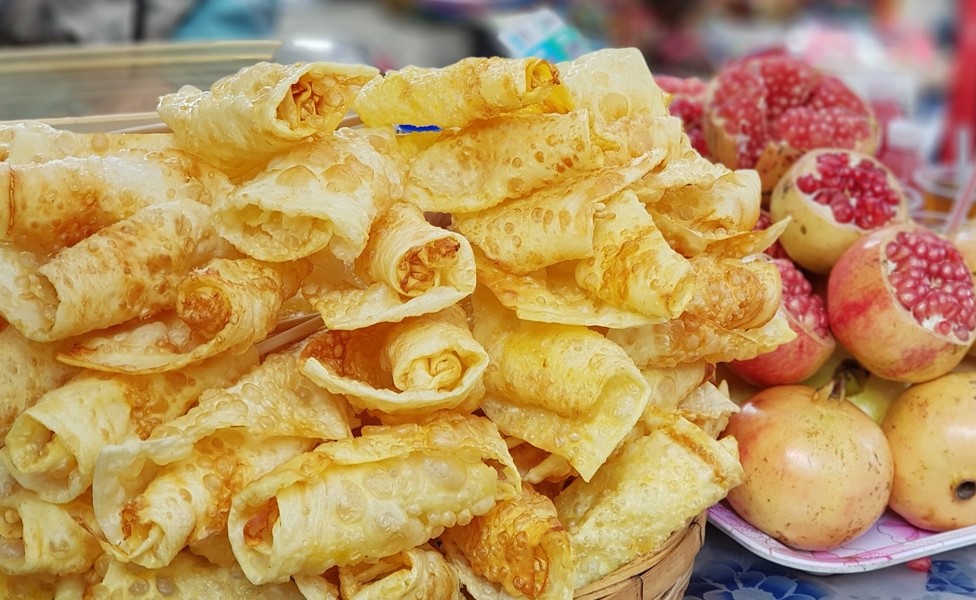
In popular imagination, Chinese cuisine simply does not “do” dairy. However, Mr. Song’s Book of Nourishing Life (宋氏养生部) written in 1504 by Chinese gastronome Song Xu, invites us to reconsider the conventional wisdom about the place of dairy products in Chinese cookery.
Song Xu mentions a recipe using fresh cheese as a stuffing for pasta or dumplings along with many techniques for cheesemaking, indicating a presence of cheese in the culinary traditions of the southern parts of the country. Scholars have also pointed out that dairy was a regular part of the diet of northwest China mostly owing to powerful central Asian pastoralist influences.
Today, the revival (or ‘heritagization’) of local and regional foods furthered by popular media such as ‘A bite of China’ (舌尖上的中国), a seven-part TV documentary series devoted to local foods, is bringing back foods such as ‘Rubing’ (乳饼), or ‘milk cake’, a goat or sheep’s milk cheese from Yunnan province in China’s southwest. Along with ‘Rubing’, Chinese cheeses include ‘Chura Kampo’, a hard Tibetan cheese made from yak’s milk; ‘Nguri’, from the province of Fujian made from buffalo’s milk; and ‘Rushan’ (乳扇) from Yunnan made from cow’s milk with a leathery texture.
In Mandarin the word for cheese Nai Lao (奶酪), literally translates to ‘curdled milk’. It also refers to fermented dairy products such as Imperial yogurt (老北京酸奶) a more than 100-year-old recipe making a comeback. It uses fermented rice juice to curdle full cream milk. Most recently, famous K-Pop star, Blackpink’s Lisa was hailed as the spokesperson for Zhenguo Li Yogurt drinks stipulating the Chine yogurt brands’ attempts to stay current and connect with the Millennials and ‘Gen. Z’.

